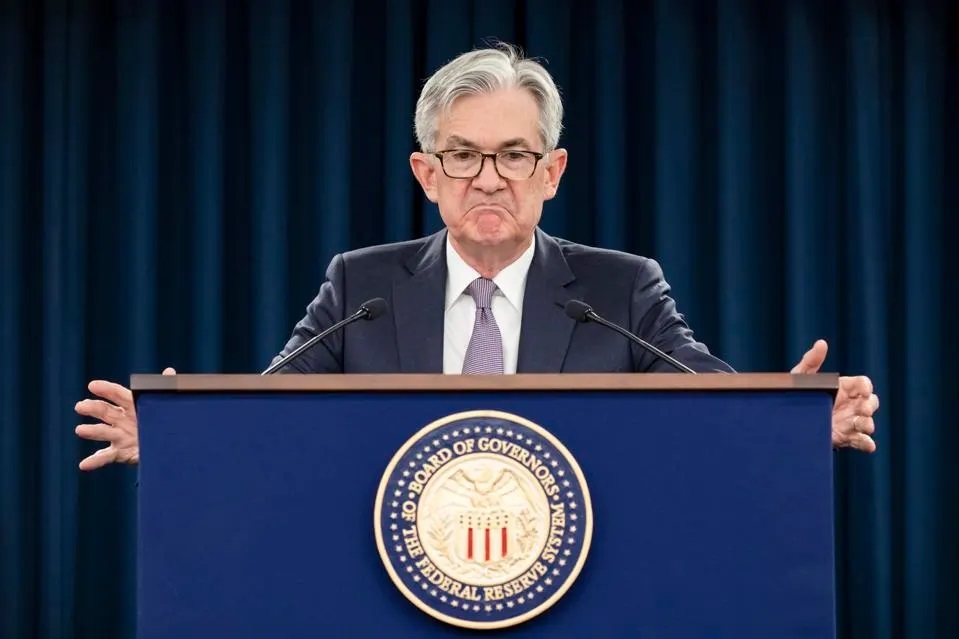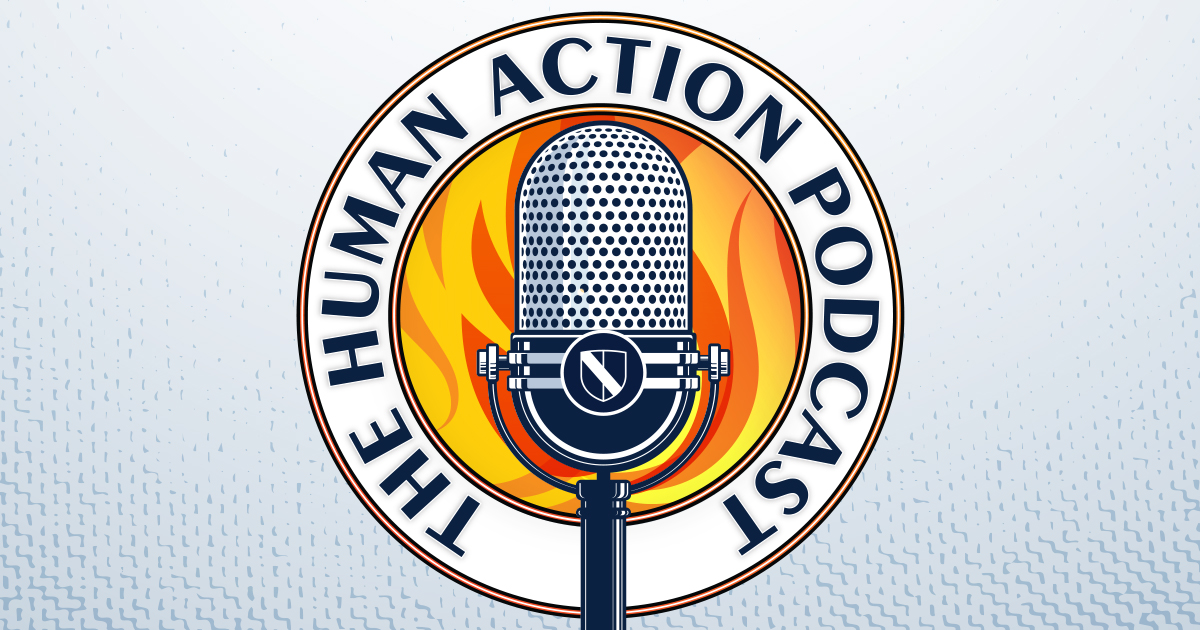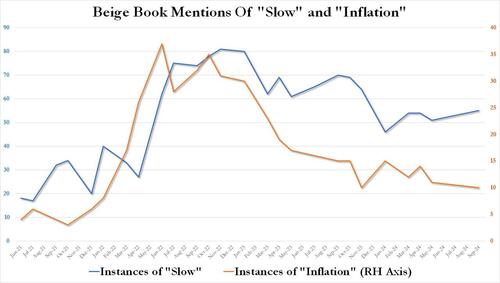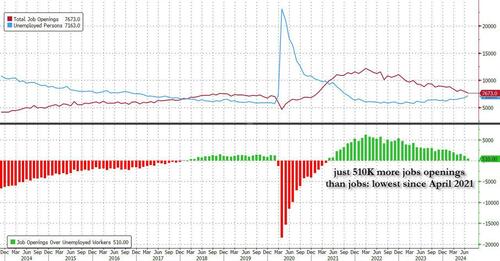One of the oldest weapons against politics is humor, and it is precisely this that politicians detest the most. They cannot understand themselves as targets of jokes because they see themselves as anointed and enlightened leaders, guiding the ignorant masses. They also despise humor because they cannot control it. Often, humor arises spontaneously, as seen recently with memes associated with Brazil’s finance minister, Fernando Haddad.
There has been an explosion of satires created with mobile apps and artificial intelligence tools, linking him to movies and TV series. One such meme was displayed on a billboard in Times Square, New York, portraying him as “the Tax Human,“ a parody of the hero “the Human Torch.“ These memes have proliferated due to recent tax increases.
Aided by the press, the Brazilian government started claiming that organized groups were creating these satires. CNN journalists alleged that “there was a reduction in the tax burden percentage relative to gross domestic product, and that Haddad, although amused, does not want to take a stance at the moment.“ GloboNews went further, asserting that “the memes were clearly produced professionally. There is evidently investment behind them.“ Another journalist added: “Of course, Haddad will not bow down or get depressed because of this. It is necessary to try to identify the source to prohibit and prevent future attacks. That is my opinion.“
The national president of the PT (Workers’ Party), Gleisi Hoffmann, claims that the attacks are deceitful and originate from supporters of former president Jair Bolsonaro. According to her, “the memes are proof that Brazil’s economy is improving.“ In an official video, she stated that “the opposition is terrified,“ the tax burden is decreasing, and Brazil’s revenue has been growing due to economic activity and the Ministry of Finance’s actions against tax calculation distortions. Hoffmann reiterated that “the Lula government will continue to surprise those who root against Brazil.“ Even more regrettably, the head of the Attorney General’s Office, Jorge Messias, defended Haddad. “Who finances the meme industry? Could it be the humbler citizens, benefited by tax reform? Or the wealthier ones, affected by taxation after years of advantages? It’s worth reflecting,“ Messias wrote on his X profile.
As I mentioned, humor is an ancient tool against statist follies and tax hikes. In the comedy “The Wasps“ (422 B.C.), Aristophanes satirizes the Athenian judicial system and the heavy tax burdens that sustain inefficient bureaucracy. Roman poet Juvenal, in his “Satires” (A.D. 100-127), criticized government corruption, including the heavy taxes levied on citizens.
Before the Jewish revolt of A.D. 70, Jerusalem was governed by Roman procurator Gessius Florus. He is remembered for plundering entire cities and charging “tolls“ from thieves to let them freely practice their “profession.“ Taxes continuously increased. In A.D. 66, seeking prestige and money, he stole 17 talents of gold (a little more than half a ton) from the temple of Jerusalem. The Jews mocked him by begging in the streets of Jerusalem with baskets in hand, asking for money for the “poor procurator.“ Gessius Florus was furious with the mockery.
During the harsh years of communism, people faced long lines for scarce products. Humor emerged as a shield, with jokes being shared as discreetly as possible to avoid the attention of the secret police, who saw these anecdotes as a form of “anti-communist propaganda“ and a threat to the regime. Ronald Reagan, then president of the U.S., was a collector of jokes about communism, believing in their power to challenge rigid censorship structures. He always ended his speeches with a joke, no matter where or with whom he was, even in front of the Communist Party secretary, Mikhail Gorbachev. Here is one of my favorite jokes that illustrates this point well:
“In the Soviet Union, the process to acquire a car included a 10-year wait. You paid the money up front and faced a long procedure. They tell the story of a man who, after making his payment, was informed by the attendant: ‘Okay, come back in 10 years to pick up your car.‘ To which he asked: ‘Morning or afternoon?‘ Surprised, the attendant replied: ‘In 10 years, what difference does it make?’ And the man explained: ‘It’s because the plumber is coming in the morning.‘”
This joke, told by Reagan, becomes even funnier when heard directly from him.
Now, we are seeing the rise of AutoMemes. People are portraying themselves as if they were Haddad, associating themselves with well-known phrases from movie titles, TV series or artist names. This shows that it is a spontaneous creation, not generated by a central office or financed by a foreign agency.
The official propaganda machine, the true one, tried to promote images of the minister, calling him “the Tax Terminator.“ A video, posted on a profile of a professor from a federal university — then three months old with only 45 views — teaches how to make memes to combat the far right. All this, of course, funded with taxes.
As usual, the left makes a fundamental mistake in addressing economic issues. Instead of implementing effective measures to reduce the size of the public machine, such as dismissing unnecessary employees and privatizing state-owned companies, it prefers to focus their efforts on increasing tax collection. This approach reveals not only a lack of understanding of the country’s real economic needs but also poor economic theory. Government spending is the great enemy of economic growth. By choosing to increase the tax burden, the government not only overburdens taxpayers but also discourages investments and innovations that could boost economic growth.
A relevant fact for those promoting free-market ideas is that the immediate trigger for the meme factory was the so-called blusinhas tax. This tax adds 20% on international purchases up to $50, in addition to the state tax of 17%. It was driven by Brazilian retailers who claimed to face unfair competition, especially from Chinese e-commerce sites like Shopee, Shein and AliExpress. As noted by Murray Rothbard: “When a big businessman enthusiastically embraces the partnership between government and businesses, it is good to keep an eye on your wallets because you are about to be plundered.“
Brazilian merchants prefer the classic protectionist approach, appealing to politicians with a Keynesian view, to implement laws that insulate the domestic market from the global market. Tariffs raise the internal cost of goods above international prices, facilitating cartel formation by local producers. Ludwig von Mises explains that the state itself creates conditions for the emergence of these cartels through its interventionism, only to combat them later with anticartel laws. This leads to a tangle of laws, regulatory agencies and more public servants being hired to “protect“ the national industry.
Once state interventions in the economy begin, they seem to never end and often produce the opposite effect of what was intended. Interventionists consider themselves infallible, even in the face of evident mistakes. The initially taken measures are not revoked; on the contrary, the distortions caused by interventions justify new interventions, creating a continuous cycle of state expansion.
Professor Fabio Barbieri adds an interesting point: As society sinks into interventionism, its ability to imagine solutions outside the state diminishes. Problems that could be opportunities for the private sector end up being treated as political issues. When politicians assume roles traditionally occupied by entrepreneurs, manifestations of dissatisfaction increase — hence, the memes.
In a true free-market economy, companies develop or fail based on their efficiency and ability to compete, including with foreign competitors. Instead of blocking cheaper products, like those from China, we should reduce taxes on national products to make them competitive both locally and globally. Henry Hazlitt argues that for new industries to flourish quickly, it is essential to allow some of the old ones to shrink or disappear. This frees up capital and labor for new ventures. If we had insisted on preserving the horse-drawn carriage industry, we would have hindered the growth of the automobile industry. Therefore, although it may seem paradoxical, it is vital for a dynamic economy to allow outdated industries to disappear to foster the emergence of new ones.
Therefore, the ultimate solution to Brazil’s economic dilemmas lies in creating a more business-friendly environment, which involves reducing the high tax burden, cutting public spending, minimizing state intervention and ending protectionism — opening the consequent market.
And, of course, we need more memes. As Hans-Hermann Hoppe aptly said, one of the greatest threats to the state is humor and laughter. The government wants us to respect it, to take it seriously. But the truth is that they know how dangerous it is when people start laughing at the government. So, always remember: Laugh and mock the government as much as you can.
Originally Posted at https://mises.org/
Stay Updated with news.freeptomaineradio.com’s Daily Newsletter
Stay informed! Subscribe to our daily newsletter to receive updates on our latest blog posts directly in your inbox. Don’t let important information get buried by big tech.
Current subscribers:





